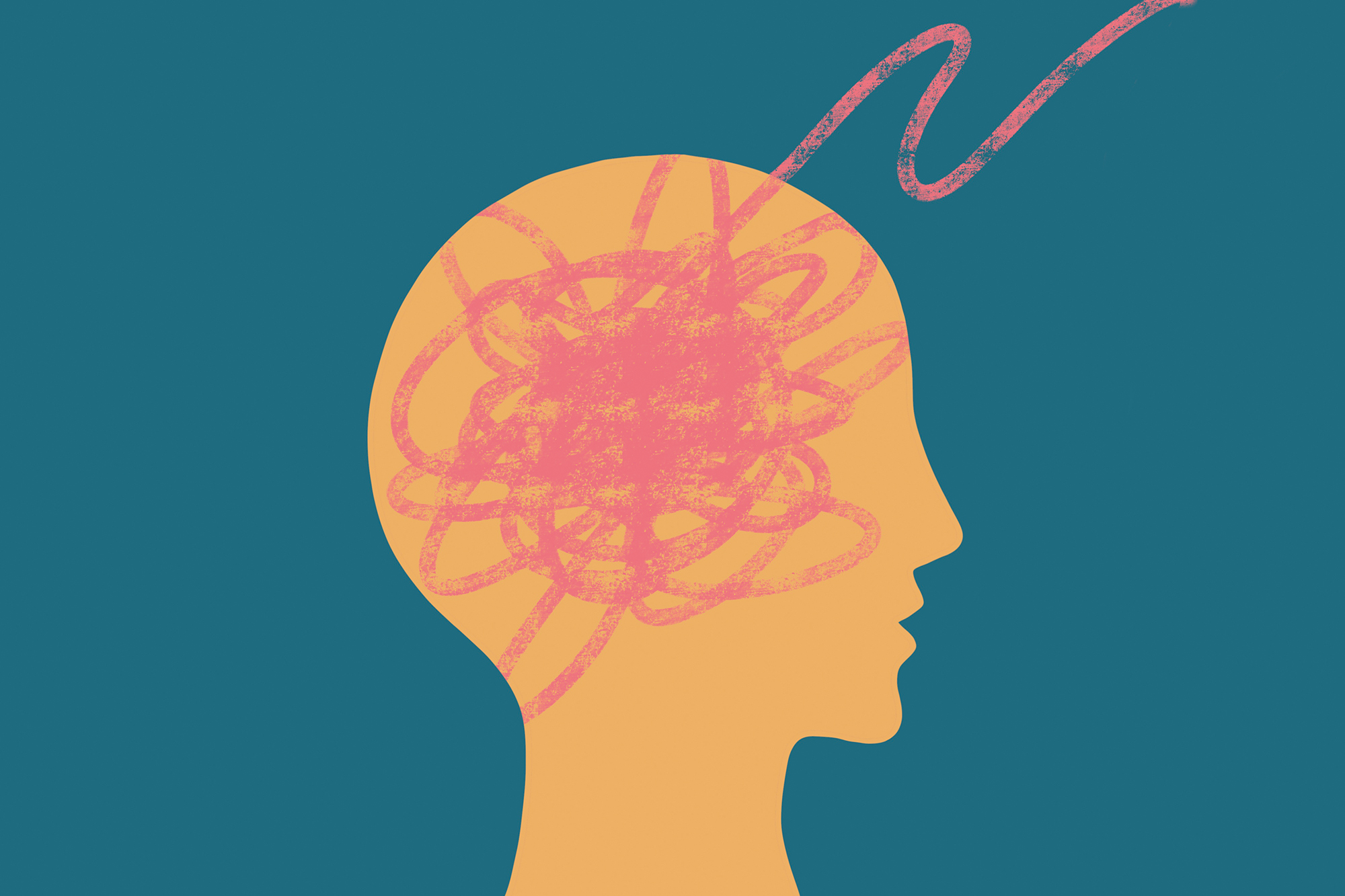Judging
 Feature
Feature
Judicial Well-Being and Mindfulness
Vol. 109 No. 2 (2025) | Communicating to the People“Judicial stress is not a weakness and must not be stigmatised,” affirms the 2024 Nauru Declaration on Judicial Well-being. This international call reflects growing recognition that judges, like lawyers and law […]
 Judicial Honors
Judicial Honors
Judicial Honors: Vol. 109 No. 2
Vol. 109 No. 2 (2025) | Communicating to the PeopleJudicial Honors celebrates notable recognitions and milestones across the judiciary, spotlighting judges whose leadership and service strengthen courts and the rule of law. This edition features 2025 Jurists of the Year honorees, lifetime achievement awards, and international honors.
 From the Publisher
From the Publisher
Judicature at Ten: Growth, Gratitude, and the Work Ahead
Vol. 109 No. 2 (2025) | Communicating to the PeopleThis year we celebrate Judicature’s 10th anniversary and remarkable growth at Duke Law School. I well remember our first publication. I was in Duke’s Master of Judicial Studies (MJS) program and […]
 In Conversation
In Conversation
Mexico’s Judicial Elections and the Politics of Reform
by Amanda Driscoll, Michael J. Nelson and Julio Ríos-Figueroa
Judicature International (2025) | An online-only publicationA panel of scholars examines Mexico’s judicial reforms, exploring how direct elections, political control, and institutional design are reshaping the judiciary, its independence, and public trust in the courts. The […]
 In Conversation
In Conversation
Strengthening the Rule of Law in Ecuador: A Conversation With Jhoel Escudero Soliz, President of the Constitutional Court
by Jhoel Escudero and David Collins
Judicature International (2025) | An online-only publicationEcuador’s Constitutional Court, established in its current form in 2008, has ruled on fundamental questions of rights, equality, and human dignity. Under the leadership of President JHOEL ESCUDERO SOLIZ, the Court […]
 Table of Contents
Table of Contents
In This Edition (Table of Contents Vol. 109 No. 1)
Vol. 109 No. 1 (2025) | Celebrating a Decade at DukeFeatures Former Pakistan Chief Justice Jillani Receives 2025 Bolch Prize ADÈLE KENT, BILL NEUKOM & TASSADUQ HUSSAIN JILLANI Mobilizing the Legal Profession to Defend the Judiciary MICHELLE KAMINSKY Staying Safe: Five […]
 The Storied Third Branch
The Storied Third Branch
Ruling With Heart & Humor: Senior Judge Charles R. Breyer
Vol. 109 No. 1 (2025) | Celebrating a Decade at DukeIn 1997, during my second year of law school, I had clerkship interviews with four federal district judges. Nothing panned out. Obviously, I was pretty disappointed, but this ended up […]
 Feature
Feature
Decade at Duke, Part I of III: Standout Articles from Judicature’s Past 10 Years
by Amelia Ashton Thorn and Jake McAuliffe
Vol. 109 No. 1 (2025) | Celebrating a Decade at DukeA 10-year Look Back At Some Of Our Favorite Articles In 2015, Duke Law School took over publication of Judicature from the American Judicature Society, recentering the journal on issues […]
 Judicial Honors
Judicial Honors
Judicial Honors: Vol. 109 No. 1
Vol. 109 No. 1 (2025) | Celebrating a Decade at DukeJudge LEE H. ROSENTHAL, U.S. District Court for the Southern District of Texas, Houston Division, has received the Distinguished Service Award from the American Law Institute (ALI). The award is given […]
 From the Editorial Board Chair
From the Editorial Board Chair
Looking Back: Celebrating 10 Years at Duke
Vol. 109 No. 1 (2025) | Celebrating a Decade at DukeThis issue of Judicature looks in the mirror. Duke Law School assumed the mantle and mission of Judicature after its previous publisher of nearly a century, the American Judicature Society, disbanded in 2014. […]

